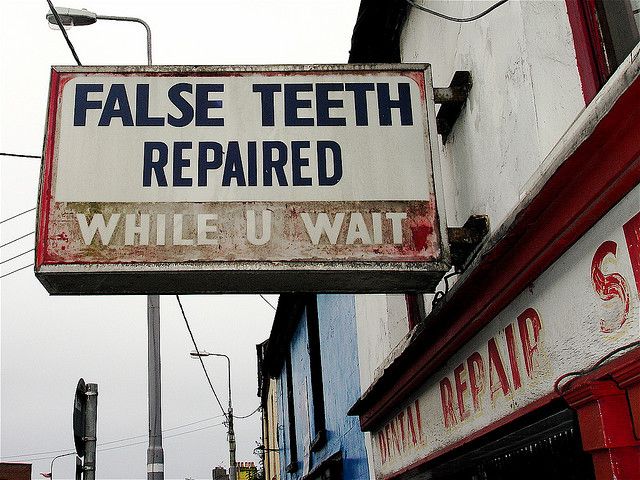8 Root Canal Tips To End Tooth Pain
The dreaded root canal procedure - a topic that can evoke fear and anxiety in many individuals. However, with the right approach and understanding, it doesn’t have to be a painful or intimidating experience. If you’re facing tooth pain and are considering a root canal, here are 8 valuable tips to help you navigate the process and find relief.
Firstly, it’s essential to understand that a root canal is a procedure designed to eliminate tooth pain, not cause it. The process involves removing the infected pulp from the tooth, cleaning and shaping the canal, and finally, filling and sealing it to prevent further infection. Despite its reputation, a root canal can be a relatively painless procedure, especially when performed by an experienced dentist.
Tip 1: Choose the Right Dentist Selecting the right dentist for your root canal procedure is crucial. Look for a dentist with extensive experience in endodontics, the branch of dentistry dealing with the diagnosis, treatment, and prevention of disorders related to the pulp and roots of teeth. An experienced dentist will be able to perform the procedure efficiently, minimizing discomfort and ensuring the best possible outcome.
Tip 2: Understand the Procedure Knowledge is power, and understanding what to expect during the root canal procedure can help alleviate anxiety. The process typically involves several steps, including:
- Administering local anesthesia to numb the area
- Accessing the infected pulp through a small opening in the tooth
- Removing the infected pulp and cleaning the canal
- Shaping the canal to prepare it for filling
- Filling and sealing the canal to prevent further infection
Tip 3: Prepare for the Procedure Before the procedure, it’s essential to prepare yourself mentally and physically. Here are a few things to keep in mind:
- Avoid eating or drinking for at least 6 hours before the procedure
- Inform your dentist about any medications you’re taking, including blood thinners
- Wear comfortable clothing and arrive early to complete any necessary paperwork
Tip 4: Manage Pain and Discomfort While a root canal can be a relatively painless procedure, some discomfort is to be expected. To manage pain and discomfort, your dentist may prescribe pain medication or recommend over-the-counter pain relievers. It’s essential to follow your dentist’s instructions and take medication as directed to ensure a smooth recovery.
Tip 5: Follow Post-Procedure Instructions After the procedure, it’s crucial to follow your dentist’s instructions to ensure proper healing and prevent complications. Here are a few things to keep in mind:
- Avoid chewing or biting on the affected tooth for at least 24 hours
- Take pain medication as directed
- Keep the area clean by rinsing with warm salt water
- Attend follow-up appointments to ensure the tooth is healing properly
Tip 6: Consider Crowning the Tooth After a root canal, the tooth may be more brittle and prone to fracture. To protect the tooth and prevent further complications, your dentist may recommend crowning the tooth. A crown can help restore the tooth’s strength and appearance, ensuring a long-lasting and functional result.
Tip 7: Practice Good Oral Hygiene Good oral hygiene is essential for maintaining the health of your teeth and preventing future root canals. Here are a few things to keep in mind:
- Brush your teeth at least twice a day with fluoride toothpaste
- Floss once a day to remove plaque and bacteria
- Attend regular dental check-ups to catch any potential issues early
Tip 8: Don’t Delay Treatment Finally, if you’re experiencing tooth pain or suspect you may need a root canal, don’t delay treatment. Prompt attention can help prevent further complications, such as abscesses or tooth loss. By addressing the issue promptly, you can ensure a smoother and more successful treatment process.
What is the purpose of a root canal procedure?
+The purpose of a root canal procedure is to eliminate tooth pain by removing the infected pulp from the tooth, cleaning and shaping the canal, and finally, filling and sealing it to prevent further infection.
How long does a root canal procedure take?
+The length of a root canal procedure can vary depending on the complexity of the case and the number of canals in the tooth. On average, a root canal can take anywhere from 30 minutes to several hours to complete.
Is a root canal procedure painful?
+A root canal procedure can be a relatively painless experience, especially when performed by an experienced dentist. With the use of local anesthesia, most patients report feeling little to no pain during the procedure.
How long does it take to recover from a root canal procedure?
+Recovery from a root canal procedure can vary depending on the individual and the complexity of the case. Most patients can return to normal activities within a few days, although it's essential to follow your dentist's instructions and take any prescribed medication as directed.
Can a root canal procedure be avoided?
+In some cases, a root canal procedure can be avoided through preventative measures such as regular dental check-ups, good oral hygiene, and addressing any potential issues promptly. However, if the pulp is infected, a root canal may be the only option to save the tooth.
In conclusion, while a root canal procedure may seem intimidating, it’s a relatively common and effective way to eliminate tooth pain and save the tooth. By following these 8 valuable tips, you can ensure a smoother and more successful treatment process. Remember to choose the right dentist, understand the procedure, prepare yourself mentally and physically, manage pain and discomfort, follow post-procedure instructions, consider crowning the tooth, practice good oral hygiene, and don’t delay treatment. With the right approach, you can say goodbye to tooth pain and hello to a healthy, happy smile.

